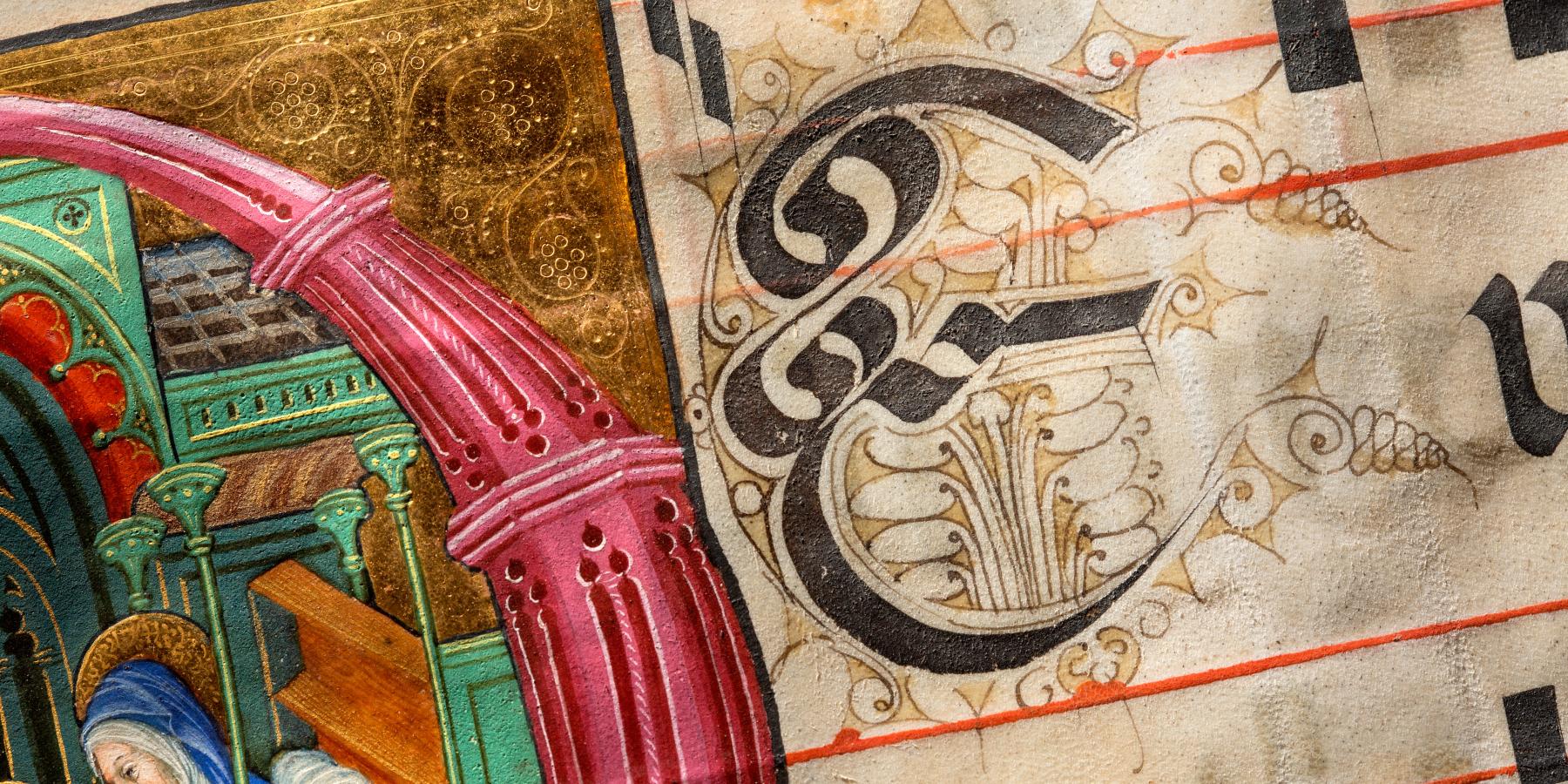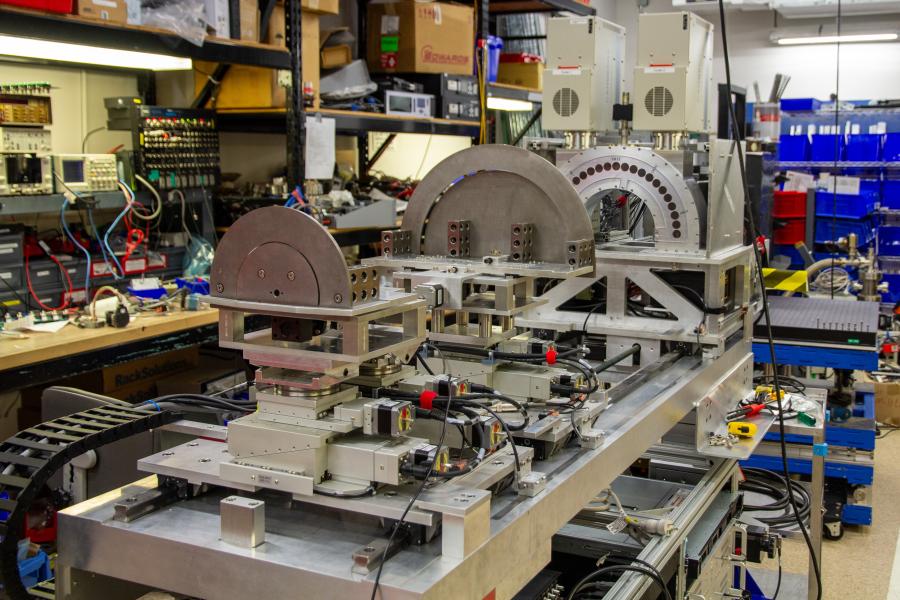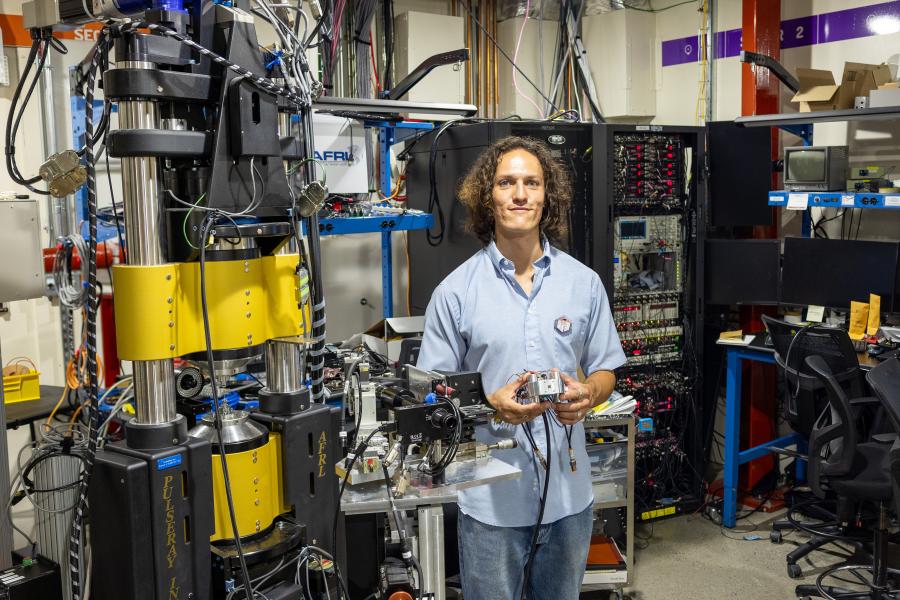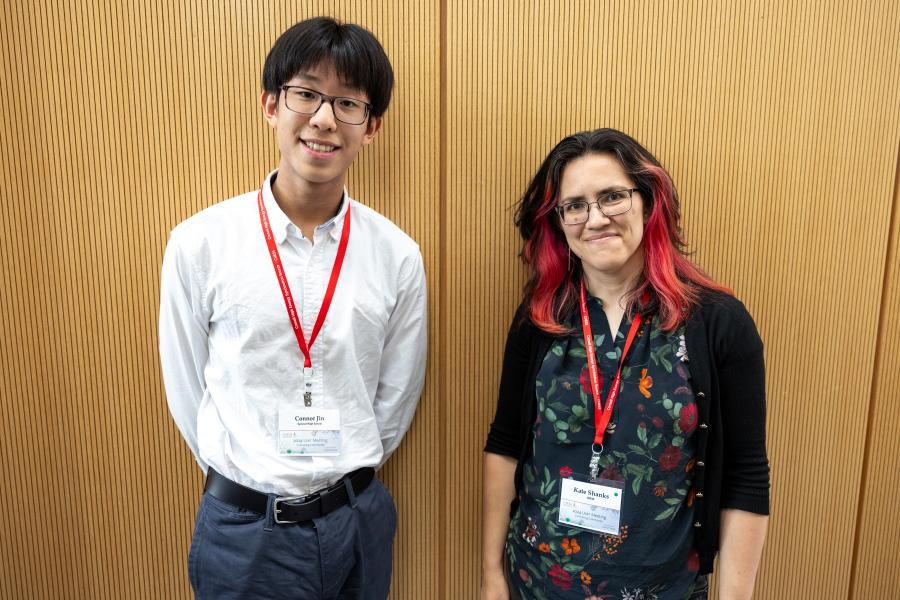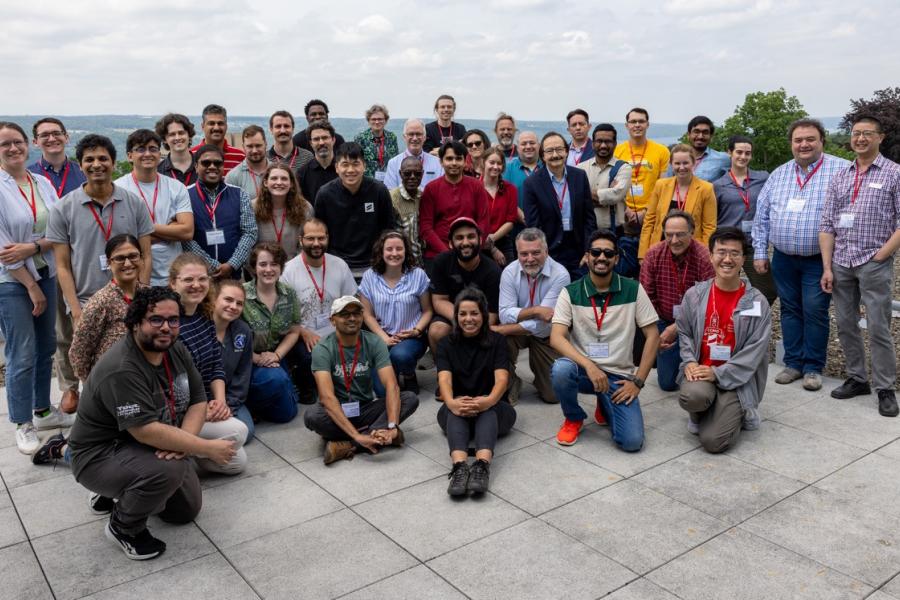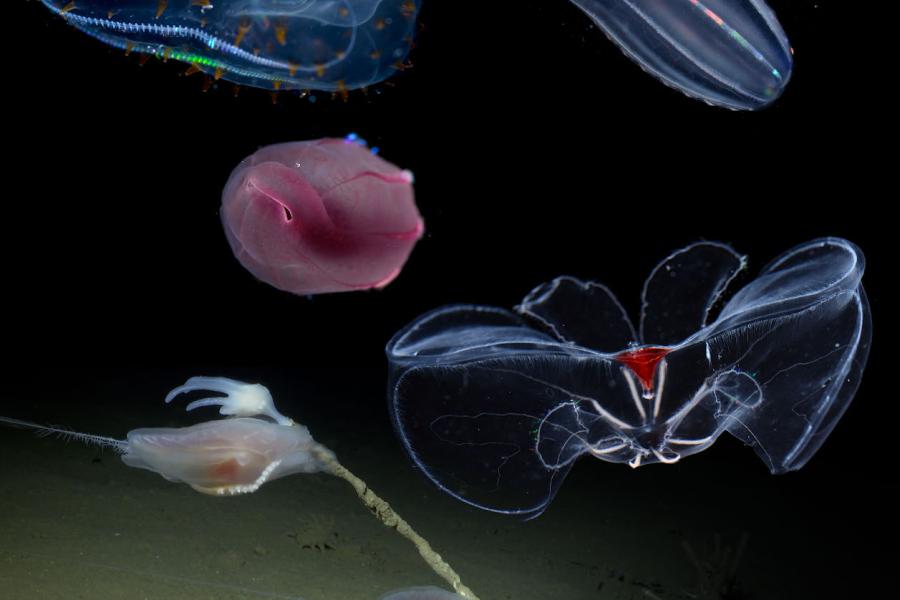Sidebar Menu (View Pages)
- Status
- ⌃ Science
-
⌃
Users
- What's the process? - Prospective User Guide
- User Guide
- Beamline Directory
- CHESS Deadlines
- X-Ray Run Schedule
- CHESS 2026_1 Updates
- Shipping
- ⌃ Safety
- Travel and Lodging
- Acknowledgments
- User Agreement
- CHESS Status Page
- ⌃ Technical Resources
- ⌃ Facilities
- ⌃ Public
- Industry
- ⌃ About
Tags
Featured
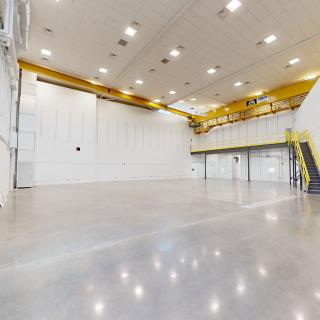
CHESS celebrates construction milestone with Wilson West open house
On Wednesday, November 15, CHESS had an open house for members of the Cornell community in the new Wilson West expansion project. The project recently received its temporary certificate of occupancy, which marks a milestone in the construction project.
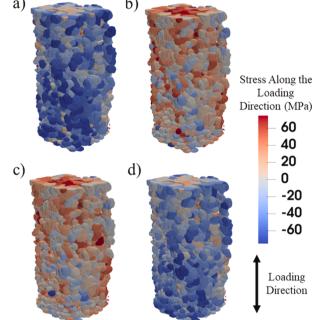
Intragranular micromechanical fields at triple junctions
New research provides a 3D investigation using multiple synchrotron x-ray techniques to enable targeted zoom-ins onto six individual grains and spatial linking across length scales, characterizing the intragranular micromechanical fields along all triple junctions within select grains.
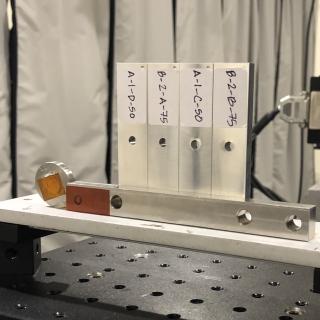
Residual Stress Model Validation of Cold Hole Expansion in an Aerospace Aluminum Alloy
Recent measurements at the Cornell High Energy Synchrotron Source (CHESS) produced data to validate a cold hole expansion (CHE) process simulation model as part of the United States Air Force (USAF) Enhanced Life Management by Engineered Residual Stress (ELMERS) program. The results quantify through-thickness residual stresses that will enable the USAF, and ultimately the taxpayer, to save money through more effective use of aerospace components.
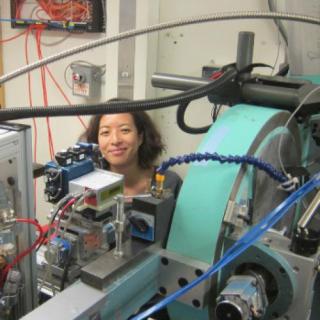
CHESS user Ando wins award for contributions to biochemistry and molecular biology
Nozomi Ando, associate professor of chemistry and chemical biology, is being honored with the 2024 American Society for Biochemistry and Molecular Biology (ASBMB) Mildred Cohn Young Investigator Award for her outstanding and field defining contributions to the fields of protein dynamics.
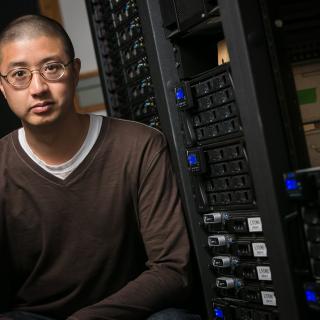
Cyberinfrastructure Training Program Aims to Empower Scientists at CHESS
CHESS, the University of North Carolina at Chapel Hill, and the University of Southern California have been awarded a collaborative grant to support a new training program that seeks to empower scientists conducting research at CHESS.
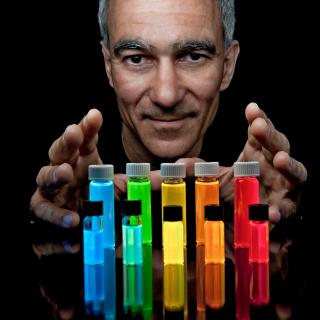
CHESS Congratulates Prof. Moungi Bawendi (MIT) on receiving the 2023 Nobel Prize in Chemistry.
Prof. Moungi Bawendi (MIT), past CHESS user and collaborator, receives the 2023 Nobel Prize in Chemistry
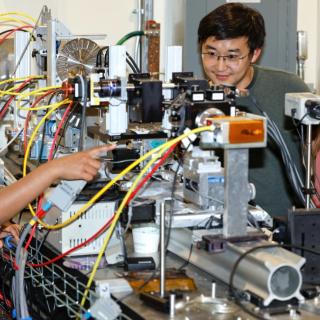
X-rays reveal microstructural fingerprints of 3D-printed alloy
Cornell researchers took a novel approach to explore the way microstructure emerges in a 3D-printed metal alloy: They bombarded it with X-rays while the material was being printed.
By seeing how the process of thermomechanical deformation creates localized microscale phenomena such as bending, fragmentation and oscillation in real time, the researchers will be able to produce customized materials that incorporate such performance-enhancing characteristics.
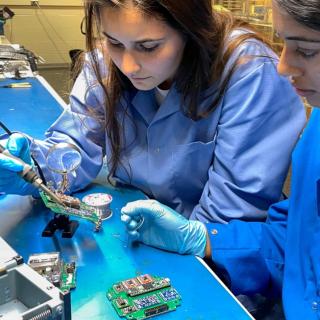
Cornell leads NYS consortium for space tech development
Cornell is spearheading the New York Consortium for Space Technology Innovation and Development – a new initiative aimed at bolstering U.S. space technology research and manufacturing capabilities by uniting industry, academic and government partners across New York state.
